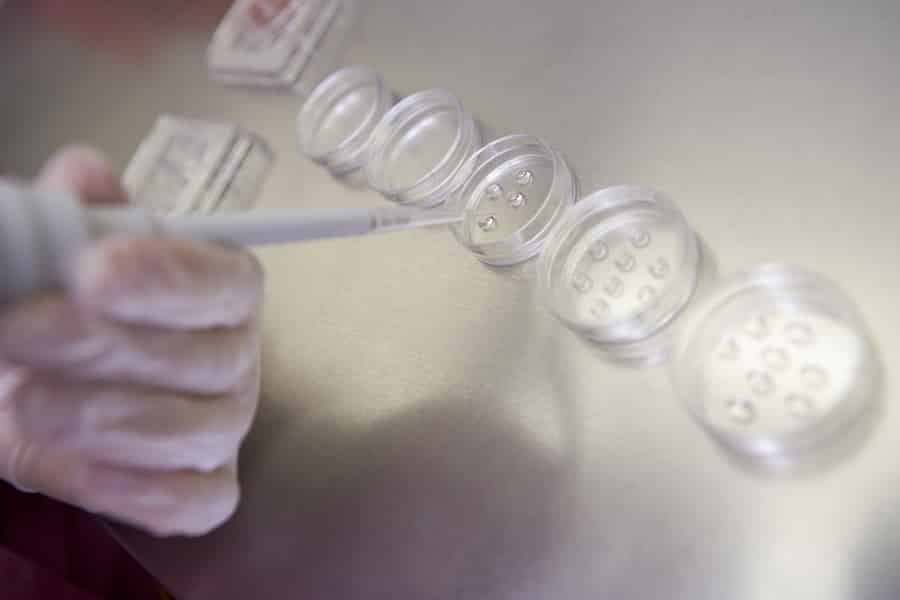There is no stopping the growth of the U.S. fertility treatment market. According to BCC Research, a market research firm that specializes in healthcare, the market will grow by about $1 billion in the next 5 years.
This growth is related to both technological advances and social and cultural change. The increasing prevalence of obesity in the population means Americans are generally less fertile. Also, an increased social acceptance of the LGBT community mean there are even more infertile couples who want to start families.
Fertility Treatment Raises New Questions
In the midst of all this growth are new questions surrounding the medical malpractice in fertility labs. Recently, a fertility clinic in Cleveland lost 4,000 frozen eggs and embryos, setting off a complicated legal struggle that could potentially have broad implications.
Many of the fertility clinics’ clients want restitution for what they consider a case of “wrongful death.” However, under current legal precedent, embryos are not considered “persons.” Because of this, the loss of an embryo through medical negligence would not be treated the same as malpractice that leads to the death of a viable baby. However, many affected by the error want the precedent changed.
“Right now, embryos are treated more as property than people,” explains Bruce Taubman the attorney representing the plaintiffs in this case, to the Washington Post. “It’s a very complicated issue.”
Fertility Treatment and Legal Implications
The main issue, of course, is that a lawsuit that establishes the legal rights of embryos—beyond just granting restitution to these families—is in how reproductive rights issues would be affected. One legal expert explains to Futurity that new precedent in such cases could impede in-vitro fertilization in the future, since some methods could involve the fertilization of more eggs than can be nurtured and developed.
“IVF would be significantly compromised,” wrote the legal expert, “If a clinician were to freeze embryos, and some do not survive the process, how would that be dealt with? Would that be manslaughter? One needs to view this suit in that context.”
Fertility Treatment and Malpractice
Malpractice cases would be affected for similar reasons. Imagine a case in which a pregnant woman is mistreated by a physician, resulting in a miscarriage. There is the potential that such a physician could also be charged with manslaughter, under new legal precedent
On the other side, current legal precedent tends to ignore the emotional loss of an expected child. Instead, the law treats the non-viable embryo as property, and treat it as such under the law.
In the coming months, the courts will have to decide with one group or another, a decision that is likely to cause controversy either way.





